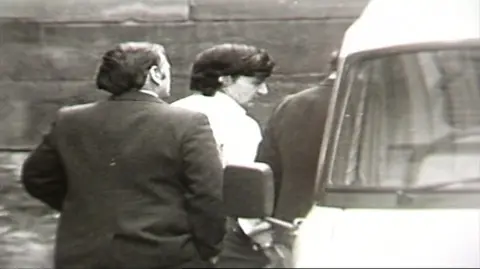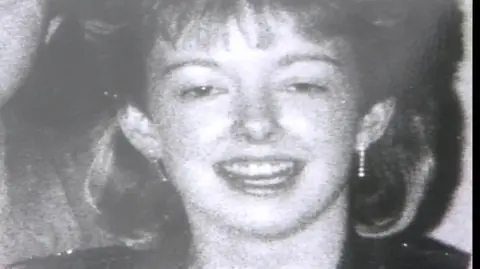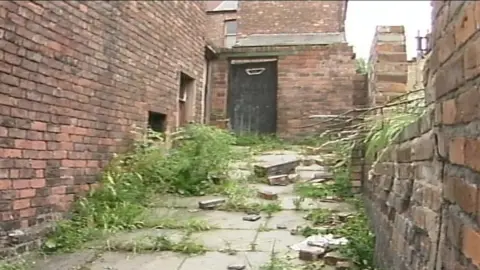Court of Appeal to examine 1987 murder conviction
 BBC
BBCA Wirral man who has spent 35 years in prison for beating a woman to death has had his case referred back to the Court of Appeal due to new DNA evidence.
Peter Sullivan was convicted of murdering barmaid Diane Sindall in an alley after she left work at the Wellington Hotel in Bebington on 1 August 1986.
Police said 21-year-old Ms Sindall left her blue Fiat van on Borough Road, Birkenhead, after it ran out of petrol and had been walking to an all night garage when she was attacked.
The Criminal Cases Review Commission (CCRC) announced a DNA profile had been found on samples preserved at the time which did not match Sullivan.

DNA technology was not available in criminal cases at the time of Ms Sindall's murder and earlier requests for testing had been refused, the commission said.
According to reports from the time, 29-year-old Sullivan, who was described by police as a "quiet loner", had spent the day drinking heavily after losing a darts match.
His trial heard how he happened across Miss Sindall and struck her with a crowbar before dragging her into the alley and sexually assaulting her during a "frenzied" attack.
The BBC reported at the time that some of the young bride-to-be's clothing was found partially burned on Bidston Hill the day after her death.
Detectives told journalists it was one of the worst murder cases they had worked on due to the extent of Miss Sindall's injuries.
Sullivan initially denied any involvement and provided an alibi, but according to reports later gave a "confession", telling detectives he could not remember why he had done it because he was so drunk.
His trial in 1987 then heard bite marks on her body were a match for Sullivan's teeth.

Questions have been raised about the veracity of bite mark evidence in criminal cases in recent years.
Sullivan applied to have his case re-examined in 2021, raising concerns about his police interviews, the bite mark evidence presented in his trial and the murder weapon, the commission said.
He claimed he had not been provided with an appropriate adult during the interview process and was initially denied legal representation.
Sullivan had previously applied to the CCRC in 2008, raising questions about DNA evidence, but forensic experts said that further testing was unlikely to reveal a DNA profile.
He had applied directly to the High Court for permission to appeal against his conviction in 2019 over the bite mark evidence, but this was rejected by the Court of Appeal on the basis that it was "not central to his conviction".
However the CCRC said it had now found evidence suggesting the bite-mark evidence was important.
When Mr Sullivan reapplied to have his case examined in 2021, the CCRC said it decided to revisit the possibility of DNA testing.
The Court of Appeal will now examine his case and has the power to quash his conviction if it deems it unsafe.
Listen to the best of BBC Radio Merseyside on Sounds and follow BBC Merseyside on Facebook, X, and Instagram. You can also send story ideas to [email protected]
